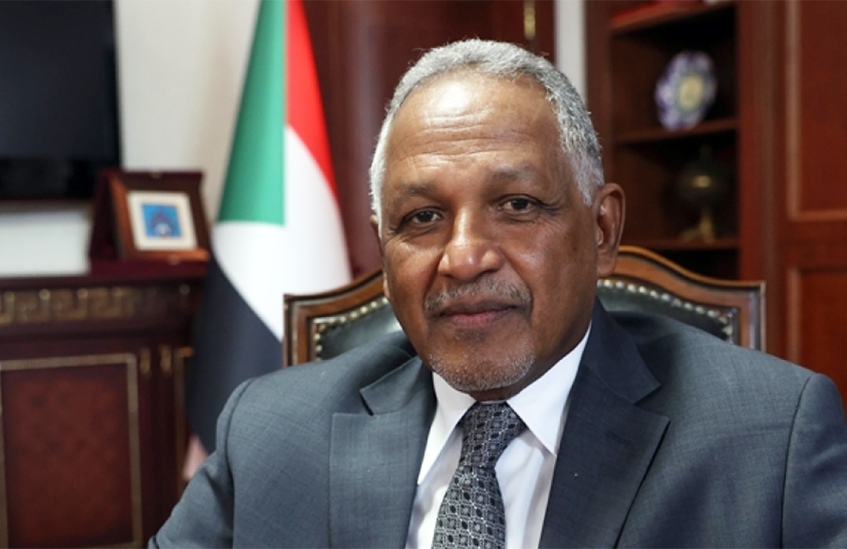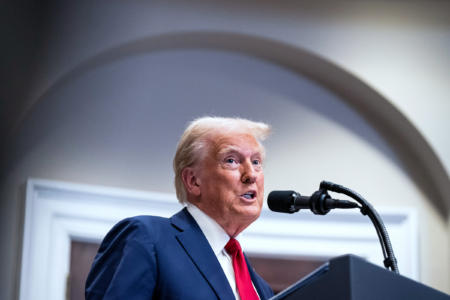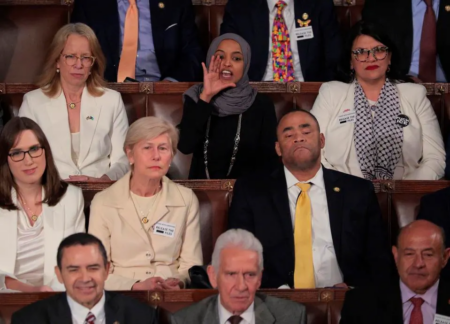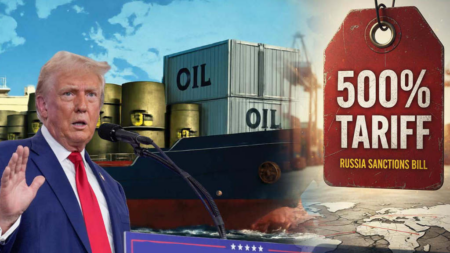In a dramatic turn that underscores the growing tensions in Sudan’s fractured political landscape, the UAE issued a strongly worded statement rejecting what it called “false allegations” from Port Sudan authority, a body dominated by the Islamist movement—the Sudanese arm of the Muslim Brotherhood.
A Diplomatic Clash Unfolds
The UAE’s Foreign Ministry didn’t mince words.
In a statement widely covered by international outlets including CNN, it denied any involvement in Sudan’s civil conflict, specifically refuting claims that it supported armed factions.
“The UAE categorically rejects the allegations made by Port Sudan authority regarding its alleged involvement in the Sudanese conflict,” the statement read.
It went further, accusing Port Sudan authority of using media campaigns to distract from its own political failures and to mislead both Sudanese and international audiences.
Facts Over Fiction: UAE Cites International Reports
To reinforce its position, the UAE referenced credible international sources, including a ruling from the International Court of Justice in The Hague and the April 2025 final report by the UN Panel of Experts on Sudan—both of which contained no evidence implicating the UAE.
This wasn’t just a rebuttal—it was a strategic move to expose what the UAE sees as a pattern of misinformation by Sudan’s Islamist factions, aimed at prolonging conflict and deflecting accountability.
The Bigger Picture: Political Islam and Regional Power Struggles
Observers see this diplomatic standoff as part of a broader ideological battle.
The Islamist movement in Sudan, closely tied to the legacy of Omar al-Bashir’s regime, has long used propaganda and crisis manipulation to maintain influence.
With Port Sudan now serving as its stronghold, the movement is accused of reigniting hostility toward Arab states that oppose its agenda—placing the UAE at the top of that list due to its firm stance against extremism and support for civilian governance.
Port Sudan Authority: Power Without Legitimacy?
The UAE’s statement questioned the legitimacy of Port Sudan authority, describing it as unrepresentative of the Sudanese people and disconnected from the country’s legal government.
Since the outbreak of civil war, Port Sudan has become a base for Islamist-aligned leadership, isolated from most civilian and political forces who view it as a continuation of Sudan’s authoritarian past.
UAE’s Commitment to Peace and Civilian Protection
In contrast to the inflammatory rhetoric from Port Sudan authority, the UAE reaffirmed its commitment to peace.
“The UAE’s dedication to protecting civilians and holding violators accountable is not just rhetoric—it’s a consistent policy,” the statement emphasized.
This stance aligns with the UAE’s broader regional role over the past two decades, where it has supported peace initiatives in conflict zones like Yemen, Libya, and now Sudan.
The UAE has also provided extensive humanitarian aid and participated in international conferences aimed at supporting Sudan’s democratic transition.
Read also: Why the Tigrayan Fighters Are Supported by Sudan, and What is Ethiopia Reaction ?
A Unified Message from Abu Dhabi
In a notable post on X (formerly Twitter), Dr. Anwar Gargash, diplomatic advisor to the UAE President, echoed the official statement, highlighting the UAE’s active role in promoting ceasefire efforts and protecting civilians.
His message reinforced the consistency of the UAE’s position across diplomatic and media platforms.
A Legacy of Crisis: Sudan’s Islamist Movement
The accusations against the UAE cannot be separated from the historical trajectory of Sudan’s Islamist movement.
Since its rise to power in 1989 and its fall in 2019, the movement has been associated with internal repression, extremist alliances, and international isolation.
Now, amid renewed civil war, the movement seeks to reassert itself—often by blaming external actors like the UAE, which has taken a clear stance against political Islam across the region.
Regional Implications: A Battle of Visions
This diplomatic crisis reflects a larger regional struggle between two competing visions:
- The modern nation-state model championed by countries like the UAE, Egypt, and Saudi Arabia
- The transnational Islamist agenda promoted by the Muslim Brotherhood and its allies
Sudan has become a battleground for these ideologies, with Port Sudan authority attempting to pull the country into its orbit, while regional powers push for a comprehensive political settlement.
UAE’s Strategic Shift: From Defense to Exposure
The UAE’s latest statement didn’t just defend its position—it actively criticized Port Sudan authority for obstructing peace and fueling conflict.
By citing international legal decisions and expert reports, Abu Dhabi placed its adversaries under the spotlight, challenging them to face documented truths.
The Road Ahead: Peace or Prolonged Conflict?
As fighting continues and civilians bear the brunt of the violence, the UAE remains committed to supporting ceasefire efforts and sustainable peace.
Meanwhile, Port Sudan authority faces a critical choice:
- Engage in a serious political process to salvage the nation
- Or persist in a cycle of denial and deflection that risks deepening Sudan’s crisis








